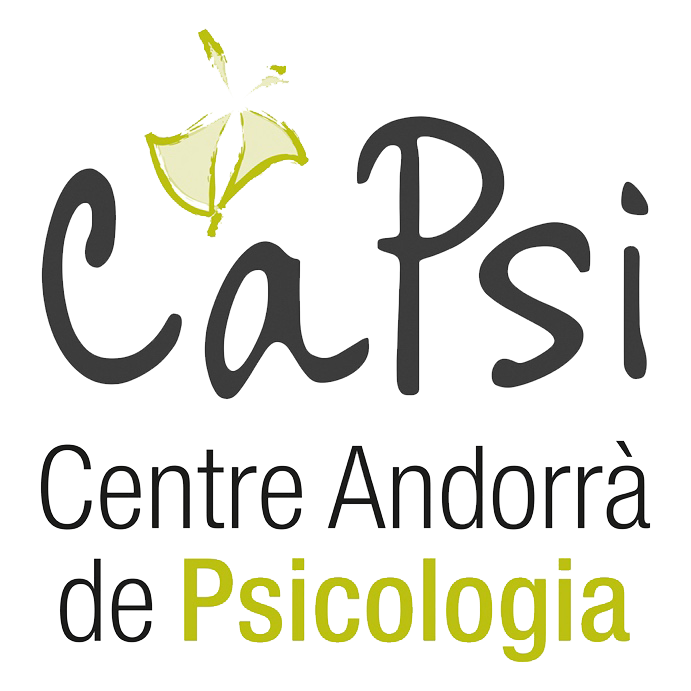The speech therapist, often in collaboration with other professionals, performs prevention, identifies and treats voice, speech and language disorders in children, adolescents and adults. One of its main functions is to design and implement rehabilitation programs.
DECREE OF COMPETENCES OF THE LOGOPEDA: conducts an interview, detection and diagnosis, and finally, intervenes, as soon as possible, on disorders of the voice, articulation, speech, as well as disorders associated with the understanding of oral and written language and its expression, regardless of the age of the patient.
SKILLS
- Analyze and evaluate a situation to develop a speech therapy diagnosis.
- Develop and implement a speech therapy treatment adapted to the patient’s situation.
- Design, carry out and evaluate a speech therapy session
- Establish and maintain a therapeutic relationship in an intervention context.
- Develop and lead a public health intervention approach: prevention, screening and therapeutic education.
HOW DOES IT WORK?
First interview
The speech therapist works under the prescription of a general practitioner or specialist (pediatrician, otolaryngologist). On the first visit, he establishes a speech therapy evaluation that also looks at the patient’s characteristics: social, economic and cultural. At the end of this evaluation, he transmits his observations and conclusions to the doctor.
Define the disorder
The speech therapist intervenes in disorders of the voice, speech, respiration and swallowing. A rehabilitation of pronunciation errors is performed (stuttering, dyslexia, dysphasia …). It also addresses writing and calculation difficulties as well as loss of speech (especially after a blow or an operation).
Re-education
Our fields of action focus on:
– Area of anomalies in oral or written expression:
- Systematic joint disorders: delayed speech or oral language
- Disorders of written language: dyslexia and dysortography, dysgraphia
- Logical-mathematical disorders: dyscalculia
- Mental or motor disability
- Stuttering
- Autism
- Dysphasia
– Field of otorhinolaryngology pathologies:
- Otorhinolaryngological disorders (otitis)
- Division of the palate, insufficiency of the velopharyngeal
- Deafness: get out of mutism, reeducation or preservation of speech and language (even in the case of cochlear implants), learn to read lips
- Swallowing disorders and poor lingual position at rest
- Organic or functional voice disorders (after laryngectomy: learning the oral / tracheoesophageal voice, use of the voice prosthesis)
– Field of neurological pathologies:
- Dysarthria and dysphagia
- Oral or written language disorders related to brain damage: aphasia, alexia, agraphia, etc.
- Maintenance and adaptation of communication functions in neurodegenerative diseases: for example, Parkinson’s, Alzheimer’s, etc.
Speech therapy can start very early (from birth for the disabled). Therefore, it is best to prescribe, when there is minimal doubt, a speech therapy assessment.
During the sessions, the speech therapist uses technical and fun exercises adapted to each patient and each disorder. Reeducations with children are worked with short exercises. With adults, depending on the type of disability or malformation, he designs the rehabilitation program in collaboration with the patient.
LOGOPEDIA PRESCRIPTION PROCEDURE
- Initial medical examination by the doctor.
- Physician’s prescription for a speech therapy evaluation with rehabilitation if necessary
- Evaluation and diagnosis by the speech therapist requesting a prescription for the sessions if a disorder related to speech therapy is evident.
- Sending the report to the prescriber
- Physician’s prescription for rehabilitation sessions
- Send the request for prior agreement, as well as a copy of the report and the medical prescription to the CASS (CaixaAndorrana de Seguretat Social)
- CASS Agreement
- Rehabilitation of speech therapy
NECESSARY COMPETENCES OF THE SPEECH THERAPIST:
Balance and patience
To work in rehabilitation, the speech therapist must have a dynamic personality, active listening and a good personal balance. In fact, it must be adapted to a wide variety of pathologies, from the simplest for which the results obtained are quickly noticeable, to the most complex, which require patience and understanding.
Global knowledge
The techniques used for rehabilitation require knowledge in various disciplines: grammar, spelling, psychology, mathematical logic, phonetics, drawing, music, etc. As his profession is constantly evolving, the speech therapist must be trained throughout his career and keep your scientific knowledge up to date.




